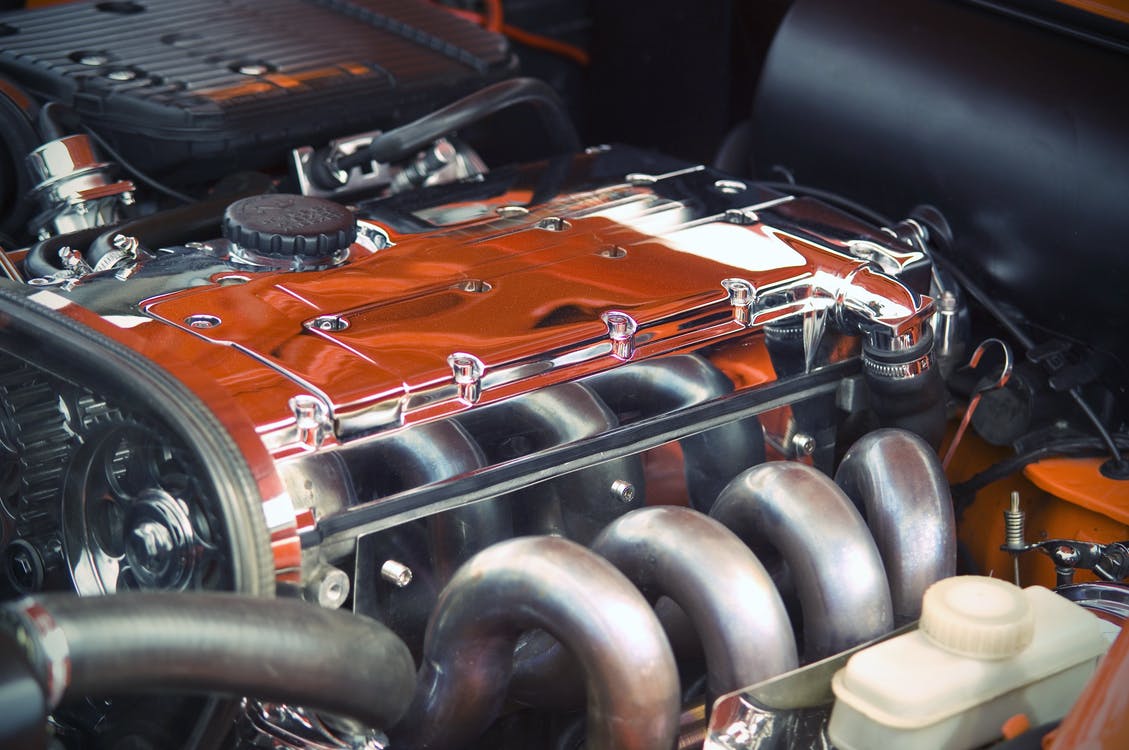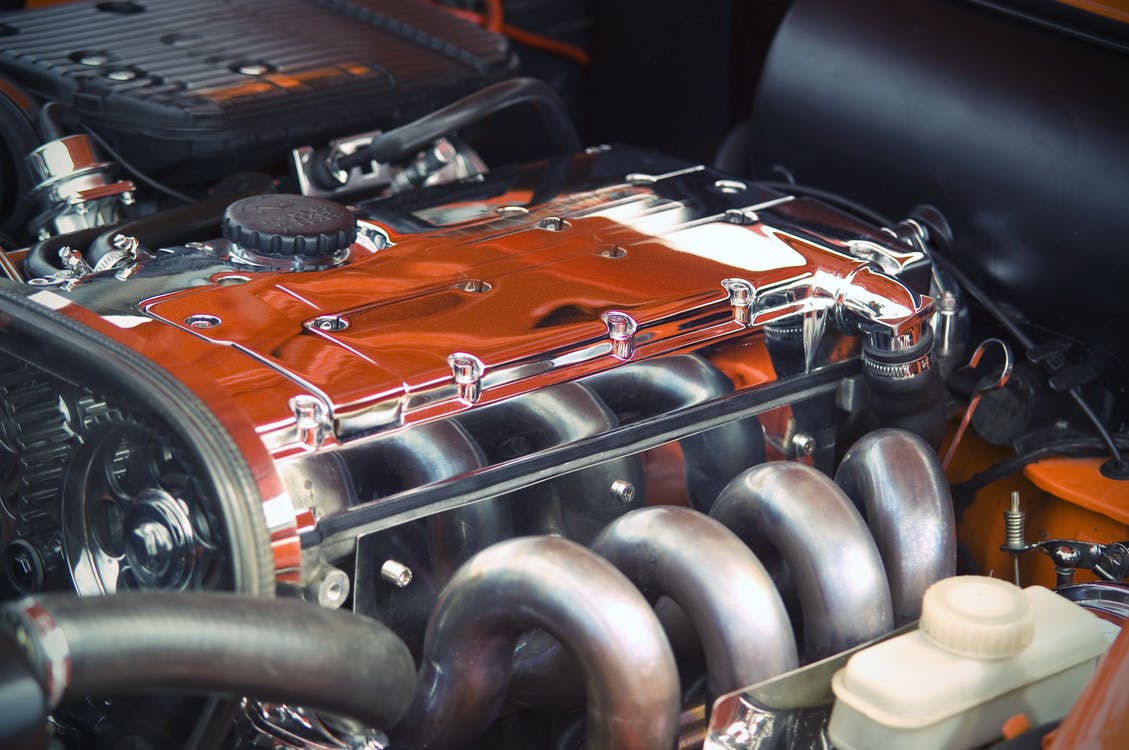(REPOST: Inside EVs)
Time is limited for the good ol’ internal combustion engine. With government officials and automakers encouraging propulsion alternatives, gas-powered engines may soon be just a “back in my day” type of memory.

While some automakers, like Volvo and Jaguar, have pledged to hybridize or electrify all future vehicles, the vast majority of the world’s new vehicles are still sold with traditional gasoline and diesel engines. But – and that’s a big but – many cities, states, and countries want to ban all new vehicles that run on gasoline or diesel. Here is a comprehensive breakdown of all the geographical areas planning to prevent the sale of new vehicles equipped with internal combustion engines (ICE).
China — 2030
Being the largest car market in the world, China has the potential to make a big impact on the global automotive industry. Although no specific timetable is set, the Associated Press reported that “research on formulating a timetable to stop production and sales of traditional energy vehicles” is in the works. In the meantime, China has set goals for increasing sales of hybridized and electric vehicles. By 2020, government officials want five million chargers installed, and 80 million by 2030. This improved infrastructure presumably will help the country reach its goal of “new energy vehicles” accounting for 40 percent of car sales by 2030.
California — TBD
This progressive state has a goal to cut carbon dioxide emissions by 80 percent before 2050. Part of that plan, of course, may involve axing new gas or diesel cars. California Air Resources Board Chairman Mary Nichols told Bloomberg News the state’s governor has been pressured to take more aggressive environmental actions – the thought being, “why can China do this and not California.” At this time, an ICE ban is being considered, but no concrete rule is in place
United Kingdom — 2040
Like California, British officials want to take drastic measures to improve the country’s air quality. Unlike California, the U.K. plans to ban all new gasoline- and diesel-powered cars and vans by 2040. Although no new cars with traditional engines will be allowed to be sold, current owners of vehicles running off non-renewable sources will still be able to drive their vehicles. Scotland intends to implement the same ban even earlier, by 2032.



